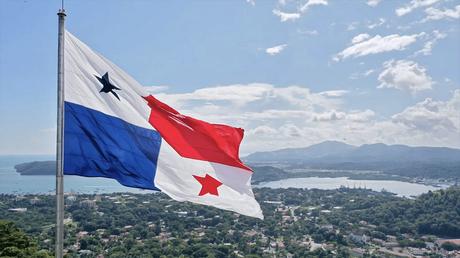
Panama’s President Laurentino Cortizo rejected part of a bill that would have let people pay for things, services, and taxes with cryptocurrencies. This sent the bill back to the National Assembly.
The newspaper La Prensa said on Thursday that the president had vetoed Bill No. 697, which had finished the last step of the parliamentary process.
A partial veto is a type of veto power that lets the chief executive reject parts of a law but not the whole thing. The law will now go back to the assembly for a second vote, where it is likely that some parts will be changed.
President Cortizo has been careful about the language of the bill because he is worried that it will make it easier to launder money. He said that the current piece of legislation needs to be changed to meet the nation’s banking standards.
A partial veto is a type of veto power enabling a chief executive to reject certain provisions within a bill without vetoing its entirety.
— Blockworks (@Blockworks_) June 17, 2022
Via @Sebsinclair1989 https://t.co/gijGNyajE6
Latin America is quickly becoming a major user of cryptocurrencies and digital assets. This is because El Salvador made a historic move last year when it passed a law making bitcoin legal money. In April, cryptocurrency was made legal as money in a special economic zone in Honduras.
Many people thought that the country’s parliament’s attempts to finish the measure were a step in the right direction. Panama wants to be known even more as a leader in digital innovation on the mostly Spanish-speaking continent.
Congressman Gabriel Silva, who helped write the bill, tweeted on Thursday that the partial veto was a “missed opportunity” to create jobs, bring in investments, and use technology in the public sector.
The crypto measure is similar to a number of other laws that were passed by Silva but then turned down by President Cortizo, like the Conflict of Interest Law and the Mental Health Law.
Leave this field empty if you're human: